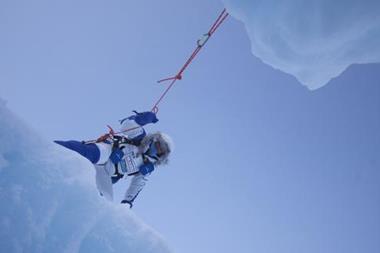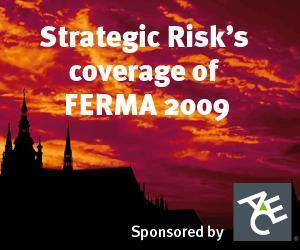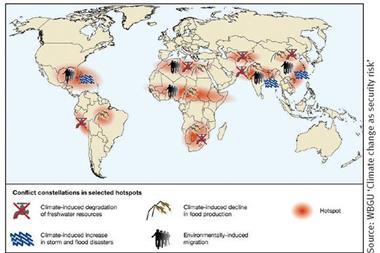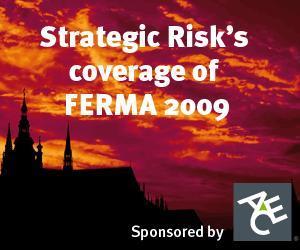A new survey reveals the average thickness of North Pole ice-floes is too thin to survive the summer ice melt
New data from the North Pole provides further evidence that the Arctic Ocean could be largely ice-free during the summer within 10 years.
Researchers from the Catlin Arctic Survey conducted surface ice measurements during the winter and spring this year. The evidence suggested that a 450-kilometre route across the northern part of the Beaufort Sea is comprised almost exclusively of first-year ice, measuring less than 2 metres in thickness. Traditionally the region has contained older, thicker multi-year ice.
The average thickness of the ice-floes (1.8 metres) is considered too thin to survive the next summer’s ice melt.
Professor Peter Wadhams, of the University of Cambridge, one of the world’s leading experts on sea ice cover in the North Pole region, analysed the results. He said: “With a larger part of the region now first year ice, it is clearly more vulnerable. The area is now more likely to become open water each summer, bringing forward the potential date when the summer sea ice will be completely gone.”
Wadhams continued: “The data supports the new consensus view that the Arctic will be ice-free in summer within about 20 years, and that much of the decrease will be happening within 10 years.”
“That means you’ll be able to treat the Arctic as if it were essentially an open sea in the summer and have transport across the Arctic Ocean.”
At the unveiling of the results in London, Dr. Martin Sommerkorn from WWF International Arctic Programme, which partnered with the Survey, said: “The Arctic sea ice holds a central position in our Earth’s climate system. Take it out of the equation and we are left with a dramatically warmer world.”
Such a loss of Arctic sea ice could set in motion powerful feedback loops which will have an impact on the rest of the earth’s climate, added Sommerkorn. “This could lead to flooding affecting one-quarter of the world’s population, substantial increases in greenhouse gas emissions from massive carbon pools and extreme global weather changes" he said
Sommerkorn called on world leaders to come to an agreement to rapidly curb greenhouse gas emissions at the Copenhagen summit in December this year.




















No comments yet